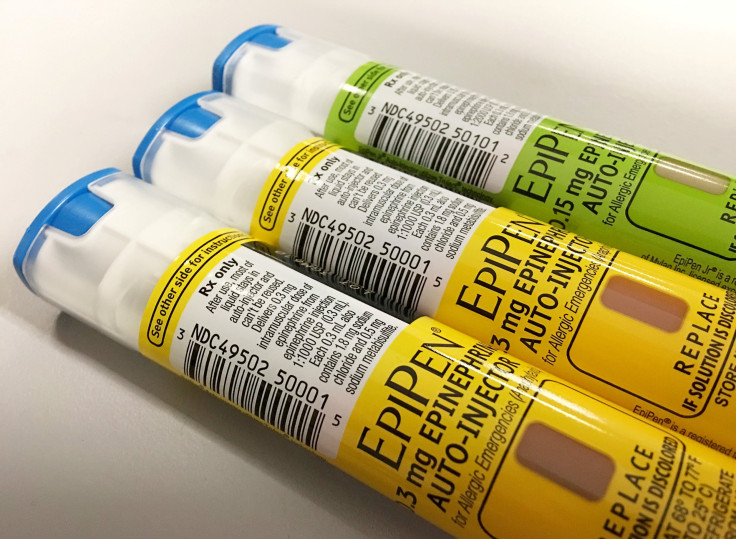Eczema relief through skin's exposure to sunlight; Australian teenagers with severe food allergies now have a website

Recent research suggests that exposing skin to sunlight releases a compound that can help in alleviating eczema symptoms. Inflammation is dampened by the molecule nitric oxide.
The researchers believe that the study could lead to new therapies that would mimic the effects of sun rays, helping patients avoid light therapy. Light therapy could raise the risk of cancer and also has damaging effects on the skin.
The study, published in the Journal of Allergy and Clinical Immunology, suggests that nitric oxide has anti-inflammatory properties that may lead to alternative drugs for those with eczema. Exposing even a small patch of skin to ultraviolet light releases nitric oxide into bloodstream.
The researchers performed tests on healthy volunteers. It was observed that the chemical activates regulatory T cells, which are specialised immune cells, dampening ongoing inflammation. Dr. Anne Astier of Medical Research Council Centre for Inflammation Research at the University of Edinburgh, and also lead researcher along with her team, observed an increased number of these regulatory T cells in the bloodstream of eczema patients, following light therapy fitted with disease improvement.
“It is clear that the health benefits of sunlight stretch far beyond vitamin D and we are starting to fill in these blank spaces,” said Prof. Richard Weller, senior lecturer in Dermatology at the University of Edinburgh, reports The Australian.
Those suffering from severe symptoms of eczema are prescribed tanning lamps to better manage the symptoms. However, tanning lamps often cause skin burning and other effects such as rapid ageing and an increased risk of cancer. Meanwhile, Australian Federal Assistant Minister for Health, Dr. David Gillespie, stated that a new government funded website has been launched so teenagers and young adults with food allergies can start having a conversation without feeling embarrassed.
These conversations could save lives. According to Immunologist Associate Professor Richard Loh, young adults are the most likely to die from food-triggered anaphylactic reactions. This is because many do not carry their EpiPen, as they don’t want to be different from others.
Food allergies can have a massive impact on a teenager’s social life as well. Even a kiss can be fatal. The newly launched website works like an app and allows people to develop their own avatar. They can use these avatars to discuss their personal experiences with food allergies and even ask questions.
Users of the website will also find important instructions on how to use an EpiPen and read labels. The website, known as 250K, is an information powerhouse for young Australians living with severe food allergy.
In Case You Missed It: Girl dead after kissing boyfriend; Severe nut allergy to blame





















